Lori Hinz of BEK News joined Townsquare Media’s Talk of the Town with special guest host Jason Spiess, who was filling in for a vacationing Steve Bakken. Hinz joins Talk of the Town every Monday with an update on the carbon pipeline being proposed by Summit Carbon Solutions where North Dakota is the terminus for a 2,500 mile pipeline carrying carbon waste from 57 ethanol plants across five states.
Hinz had multiple news items to share from public meetings to plum model issues to state-funded propaganda to questioning ethanol’s current role in farming and feeding the world.
“The next meeting of the PSC will be on October 7th, and they have said that they have just a couple more things,” Hinz said. “Randy Christman, who's the chairman of the Public Service Commissioners, said that he only had two or three things he said that they wanted to talk about yet. So they kind of hinted that this might be the last work session that they'd be doing.”
Hinz continued giving some hard news details of public meetings and issues concerning the carbon pipelines and conflicting information coming from the state of North Dakota and Summit Carbon Solutions.
“On October 5th the Dakota Resource Council is holding an press conference and event as a way to encourage the Public Service Commission to either reject the carbon pipeline or at least delay giving the permit until PHMSA, the Pipeline Hazardous Materials and Safety Administration, comes out with their new regulations regarding carbon storage.”
Summit Carbon Solutions is proposing to build a CO2 pipeline across 5-states with the terminus storage for carbon in North Dakota. The project basically consists of a proposed high-pressure CO2 pipeline that would be built close to residential Bismarck, ND. This has become the topic of controversy among residents and rural landowners along the pipeline’s route.
The pipeline would transport carbon dioxide captured from ethanol plants in five Midwest states to an end point north and west of the Bismarck-Mandan area, in Oliver and Mercer counties.
The three storage facilities Summit is applying for will serve as the end point for the company’s Midwest Carbon Express project, a 2,000-mile pipeline expected to collect carbon dioxide from 57 ethanol plants and one sustainable aviation fuel facility across five states and transport the CO2 to North Dakota for permanent storage underground.
“Not everybody knows really what's going on with the carbon capture,” Hinz said. “(It’s almost as if) Not really anybody cares unless they have been paying close attention or they have neighbors or friends who are being affected by a pipeline route.”
Hinz continued her updates on the carbon pipeline reciting quotes from the Bismarck Tribune’s recent article on the state of North Dakota’s new website intended to “re-educate” the public on carbon.
“Quoting Joey Harris’ article from the Bismarck Tribune, who interviewed Lynn Helms, former North Dakota Oil and Gas Regulator - these things always break down into four Fs.,” Hinz says. “You've got friends, fence sitters, foes, and fanatics. And all but the fanatics can be moved one step in your direction. You can turn foes into fence sitters and fence sitters into friends, and you want to keep your friends.”
Spiess challenged that narrative and colloquial anecdote from Helms and flipped it around on the pipeline supporters instead of the private property owners in which Helms was referring to.
“So essentially Helms is saying that Governor Doug Burgum and others who are ardent supports are fanatics against private property rights,” Spiess said. “This is nothing short of Helms trying to paint a negative narrative against anyone who is pushing back against the ruthless behaviors and lack of transparency involved with the carbon pipeline.”
Spiess continued his interpretation of the Helms’ 4F’s comment.
“I did notice that one of the Forum of Fargo Moorhead reporters said nearly the same thing, that the only people that are against Summit’s carbon pipeline are extreme left wing or extreme right wing fanatics,” Spiess added. “So this is another attempt to paint the narrative that private property owners are essentially fanatics and extremists, or as the people behind Friends of Ag and Energy called private property owners - “Jihadi Terrorists” and “Eco Terrorists”, a few months ago.”
Hinz responded, “I can see where you're picking that up on the four F's that Helms’ was talking about and you are right.”
The two discussed how busy people are in today’s world and how they rely on the state and public officials to deliver honest, transparent information.
“They just don't see how it affects them, you know the people don't in North Dakota, we're just doing our thing,” Hinz said. '“We are just doing our businesses. We're doing our daily lives and, you know, raising children and going about our crazy busy schedules. And we're not thinking about that, it isn't even on the radar.”
Spiess said that the people’s busy lives create an apathy that it appears the state is exploiting and taking advantage of.
“You know what North Dakota is acting like? They're that person who is telling you to go to the car dealership and trust the used car salesman because they're the expert,” Spiess said. “Trust the used car salesman because he's the expert with cars, so you must trust him. That is how flimsy their facts are. That is how pure their propaganda is. And that is how ruthless their predatory practices are.”
The conversation transitioned into some of the realities of the carbon pipeline next. Spiess cited several studies that indicated that even if all the carbon sequestration projects were economically viable and did capture all the carbon they projected, it would only reduce the carbon footprint by less than 1%.
“It would be like a pebble in the Sierra Desert, it wouldn't even make a difference,” Spiess said. “And we're supposed to continue to invest billions and trillions of dollars of our tax money and just give it to billionaires?”
Hinz agreed.
“That is the dirty little secret that even with all of the hassles and the danger and the eminent domain being proffered and just all the work that would involve this incredibly huge project of 2,500 miles, $8.9 billion, even through all of that, you're not even going to move the needle,” Hinz said. “That's the part that's so upsetting in this, and that's the bottom line of it, just follow the money.”
Hinz is referring to the 45Q tax credits and straight up cash stimulus involved in this project. The 45Q tax credit is a federal tax credit that provides incentives for carbon capture, utilization, and storage (CCUS) projects. The credit is based on the amount of qualified carbon oxide that is captured and sequestered, and is intended to help decarbonize industrial and power plants.
Furthermore, the US government, in the framework of its Inflation reduction Act, implemented changes to 45Q providing up to USD 85 per tonne of CO2 permanently stored and USD 60 per tonne of CO2 used for enhanced oil recovery (EOR) or other industrial uses of CO2, provided emissions reductions can be clearly demonstrated.
“There is so much public trust being abused on this project,” Spiess said. “That’s what is happening right now and the average person doesn’t want to believe it. And they won't believe it because they don't want to believe that people that they've known and trusted their whole life is doing this. But the reality is that it is happening.”
Spiess continued.
“It’s easier to paint a narrative of feelings rather than present facts,” Spiess said. “And right now they know they are misleading the public and are doing it on purpose in pursuit of the Almighty Dollar. They know what they are doing and are taking advantage of that built-in public trust from the people. That’s what makes this whole carbon pipeline thing even worse. It’s absolutely unconscionable.”
Hinz compared the pipeline propaganda to how the state handled COVID and the mismanagement of information.
“It reminds me a little bit of some of the things that happened in 2020 with COVID, where we had the North Dakota Department of Health go out there giving all sorts of information to people and usurping constitutional rights left and right,” Hinz said. “And now we've got the same sort of thing going on with this pipeline.”
She then segwayed into North Dakota’s special carbon powers and their primacy status.
“Regarding the storage, North Dakota achieved primacy in 2018. Primacy is a big deal,” Hinz said. “It means that the state's regulations meet or they exceed the federal regulations, the federal EPA's requirements for protecting groundwater.”
Hinz continued.
“And so the Department of Mineral Resources handles the technical parts of these permits, and they are the ones, the DMR, the Department of Mineral Resources in North Dakota is the one that regulates the storage industry,” Hinz said. “So that means the Industrial Commission takes over in this area.”
The Environmental Protection Agency (EPA) granted North Dakota primacy for Class VI Underground Injection Control (UIC) wells in April 2018:
What it means
North Dakota became the first state to be granted primacy for permitting Class VI UIC wells, which are used to store carbon dioxide from emissions.
How it works
North Dakota now has primary enforcement responsibility for regulating Class VI injection wells in the state, except on Indian lands. The EPA continues to administer the program for all Class VI wells on Indian lands.
How it came about
North Dakota submitted its official Class VI primacy application on June 21, 2013. The EPA's Class VI Rule was finalized in 2010 to protect drinking water sources from carbon dioxide injection.
What's next
The Infrastructure Investment and Jobs Act (IIJA) provided funding to the EPA for grants to states that have or are working toward Class VI primacy.
The EPA retains oversight authority over all state UIC programs. State regulations are generally consistent with federal regulations, but some deviations are permissible.
“The Department of Mineral Resources in North Dakota is the one that regulates the storage industry now,” Hinz said. “So that means the Industrial Commission takes over in this area, and the three members of the Industrial Commission, as I mentioned before, then oversee the mineral resources.”
The Industrial Commission of North Dakota is made up of the Governor (Doug Burgum), Attorney General (Drew Wrigley) and Agriculture Commissioner (Doug Goehring). The Governor serves as Chairman of the Commission and the Governor plus one member is a quorum for the transaction of business. The Attorney General serves as general counsel.
The NDIC manages utilities, industries, enterprises, and business projects established by state law.
BEK TV host Lori Hinz brings weekly updates in Capturing America’s Heartland: CO2 Pipeline, which invites experts on all sides of the issue to weigh in on a variety of concerns and benefits regarding building an unusually large pipeline so close to residents and property owners. From reducing greenhouse gas emissions and increasing domestic oil production, to significant technical, regulatory, and health and safety challenges, the series explores how the proposed route could affect the Heartland of America.
Capturing America’s Heartland: CO2 Pipeline airs weekdays at 9 AM.
Hinz, reporter for BEK News, gives an update from the research on her daily feature on Capturing America’s Heartland: CO2 Pipeline.
Prepare to be scared... the Peak Screaming collection is now streaming on Paramount+.
Whether you're looking for a twisted thriller, a stunning shocker or something absolutely bone-chilling, Paramount+ is the place to be during spooky season. Stream hits like A Quiet Place: Day One, Smile or Scream VI and check out the new movie Apartment 7A.
Ready to be haunted all month long? Try Paramount+ FREE!
CLICK HERE FOR SPECIAL DISCOUNT LINK
Everyday your story is being told by someone. Who is telling your story? Who are you telling your story to?
Email your sustainable story ideas, professional press releases or podcast submissions to thecontentcreationstudios(AT)gmail(DOT)com.





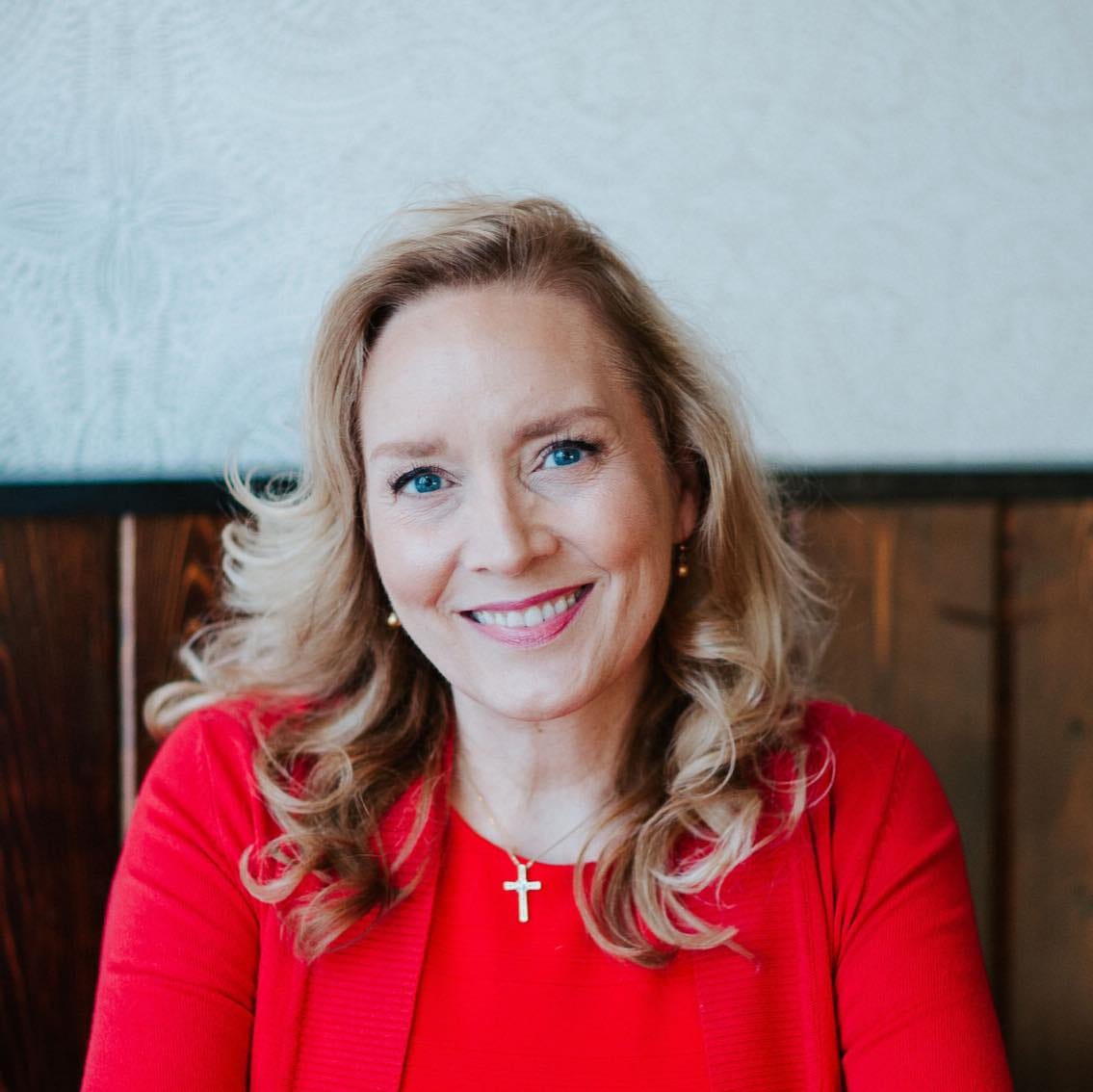

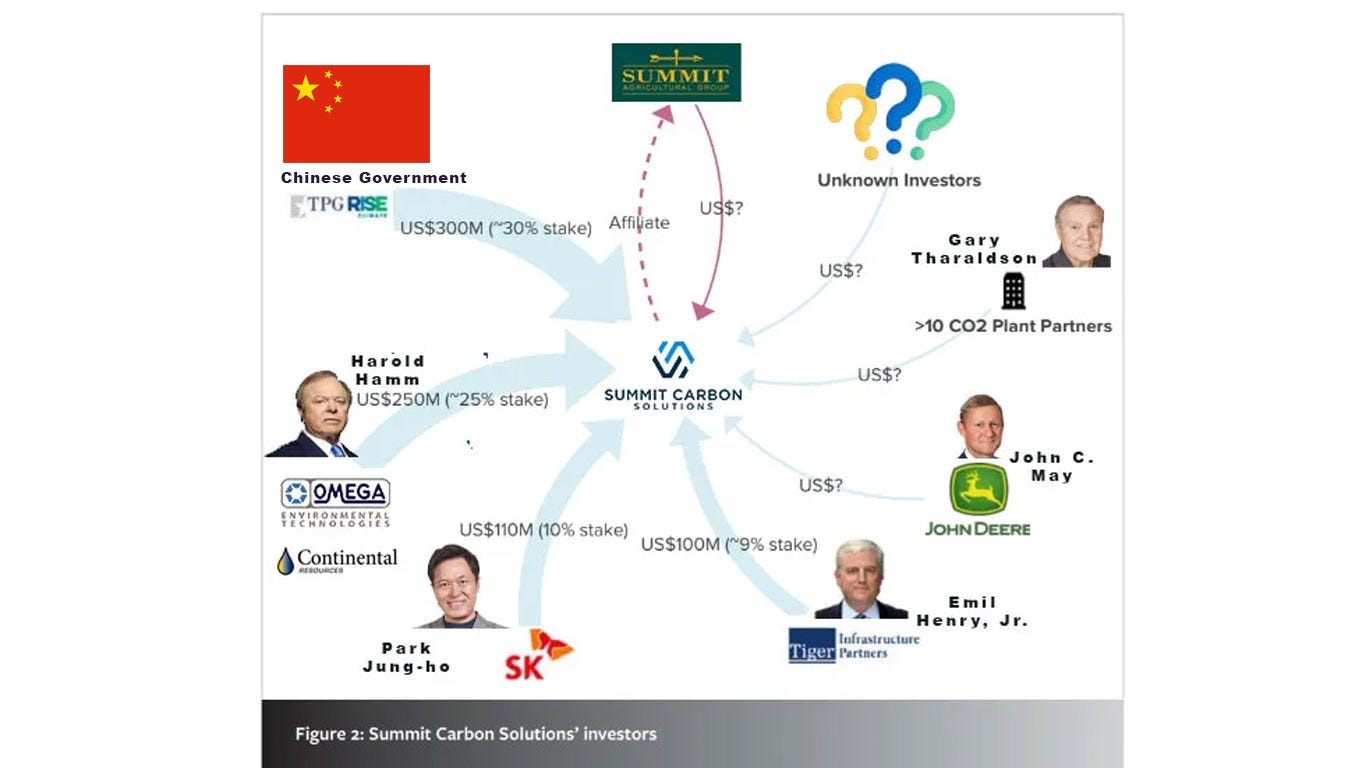

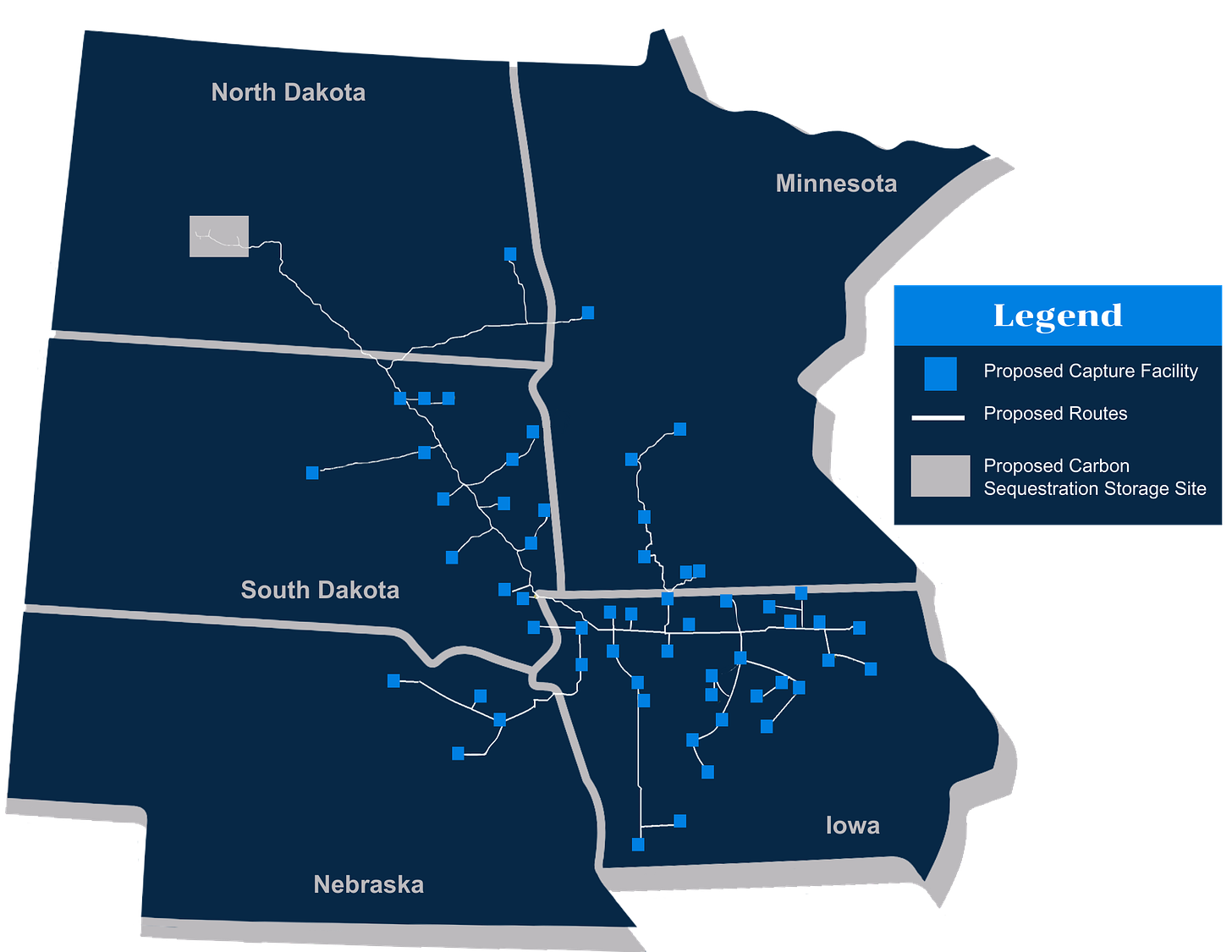
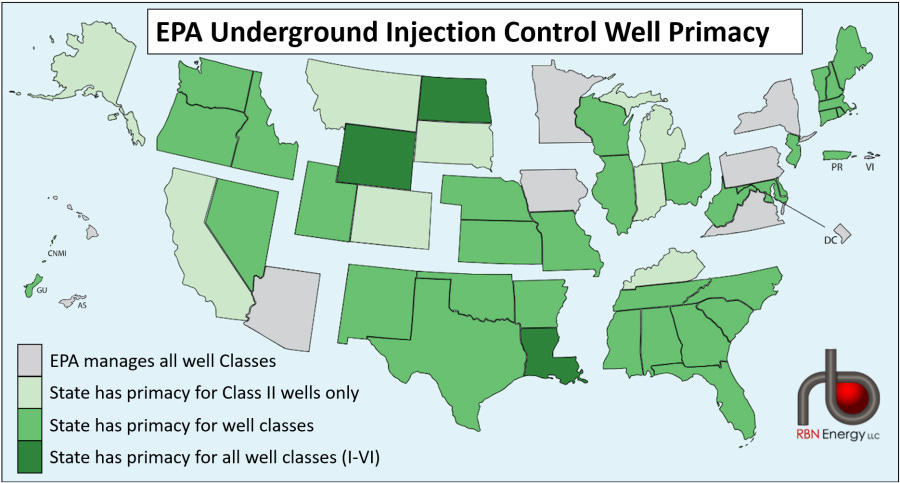
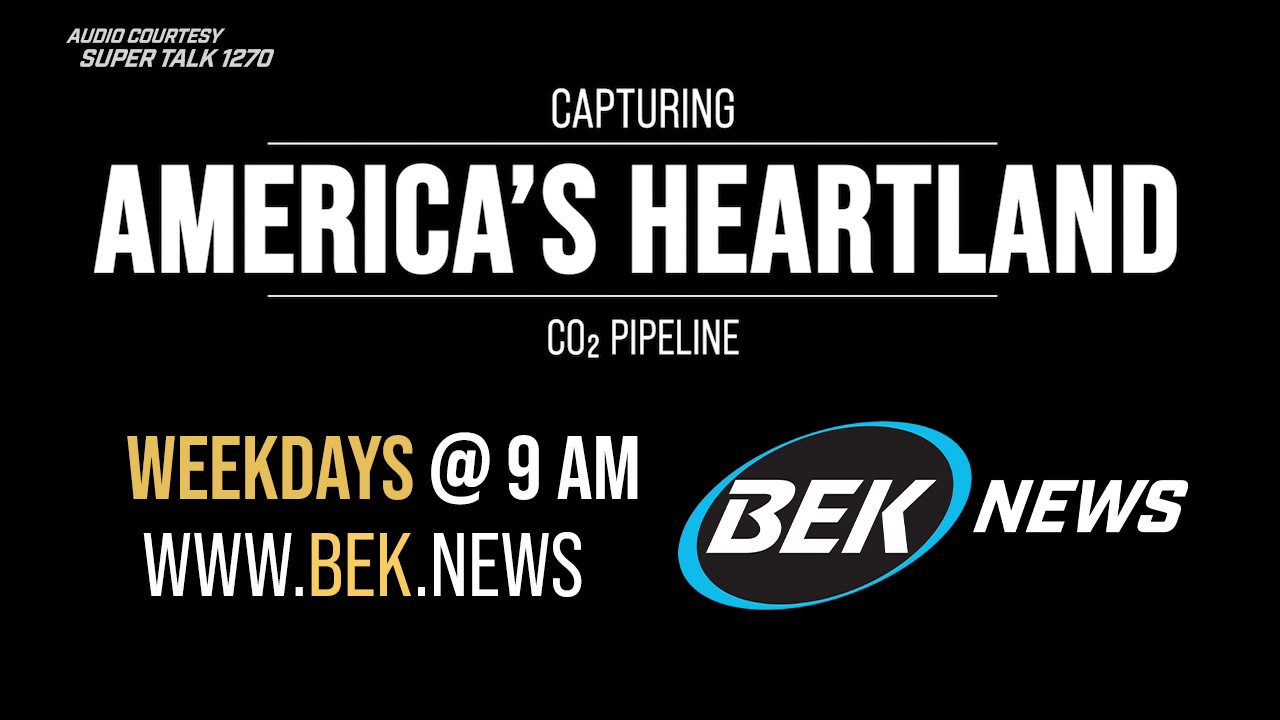












North Dakota's Public Pipeline Propaganda becomes the Talk of the Town